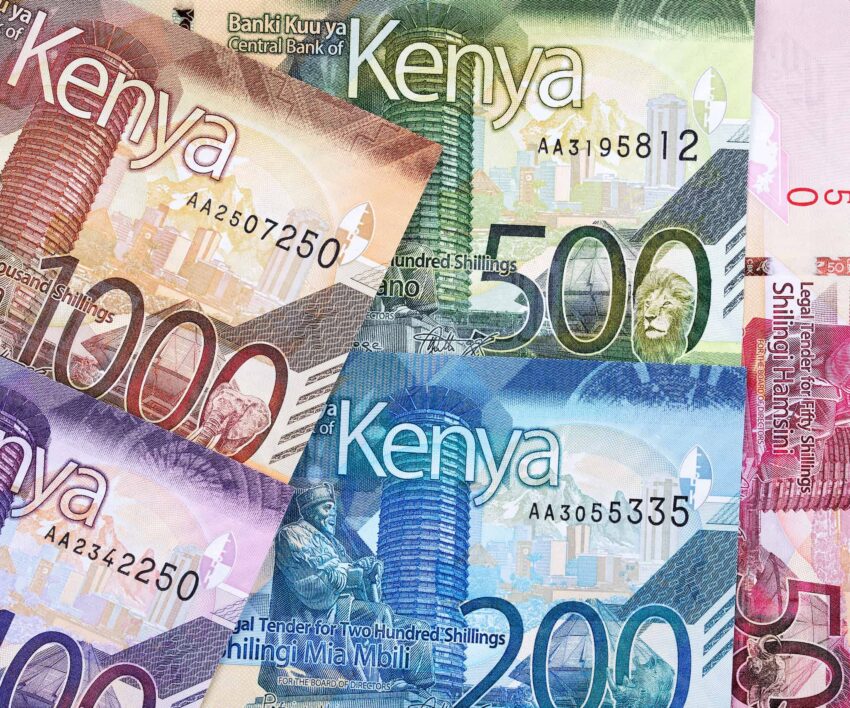
Sometimes it’s in the smallest moments that you see the biggest truths. That’s what happened when a woman quietly filmed her granny’s hidden stash of cash and shared it on TikTok. The clip immediately tugged at South Africans’ heartstrings, surfacing memories of family, tradition, and a different way of valuing money.
The Discovery That Made Mzansi Pause
On 28 September 2025, TikTok user @shee_alice posted a clip showing how her grandmother had been hiding cash in a purse tucked away at home. It wasn’t a thieving scheme; it was simply a habit. Once people saw it, many nodded in recognition. Countless grandchildren and children chimed in, saying, “That’s exactly how Gogo did it too.”
The video spread fast. People didn’t just laugh; they remembered. They shared stories of mattresses, loose bricks, and secret walls. Others admitted how they once found bundles of old notes while cleaning up after a loved one passed.
More Than Quirk: What It Says About Trust
This isn’t just about hiding money. It’s a window into a time when banks felt distant, when security wasn’t in vaults but in your own hands, or your grandmother’s. For many older South Africans, distrust of formal institutions has deep roots, whether from historical exclusion or just past experiences with bureaucracy gone wrong. So, keeping money close was a form of economic independence.
In that sense, Granny’s stash becomes a symbol. It speaks of self-reliance. It lingers as a reminder that not everyone grew up trusting ledgers or bank cards.
Social Media Speaks, and Listens
Scroll through the comments under the video, and you’ll see laughter, surprise, pride, and bittersweet reflection. One comment: “I cleaned her drawer after she passed and found R5 000 she’d never told anyone about.” Another: “She knew the exact amount she buried between the walls.”
Folks relived the moment they found old notes in a Bible or behind antelope skin rugs. Some joked that Granny’s stash was her pension, even if she never said a word.
@shee_alice 😂😂can anyone relate😅#4u #tiktok ♬ original sound – Ebuka Christiantus
A Fresh Take: Hidden Savings as Storytelling
Here’s the angle you don’t often hear: those hidden notes weren’t just prudence. They were stories. Each bundle was a chapter, money set aside for church visits, weddings, funerals, and seasonal needs. Sometimes, the act of hiding was as meaningful as the stash itself. It told the family you had something, without having to explain.
In a way, discovering Granny’s secret money is reconnecting with stories she never told, yet left in paper and ink behind walls.
Why This Matters Now
In a digital age where banking apps and cardless transactions dominate, this viral moment reminds us that value isn’t always measured by balance statements and transaction logs. Sometimes it’s buried in drawers, tucked in purses, or whispered between generations.
And for South Africa, where inequality, access, and trust still ripple through our institutions, maybe Granny’s old habit is also a quiet critique: that we should build systems we can trust, not just ones we must hide from.
Source: Briefly News
Featured Image: Mister Safari




